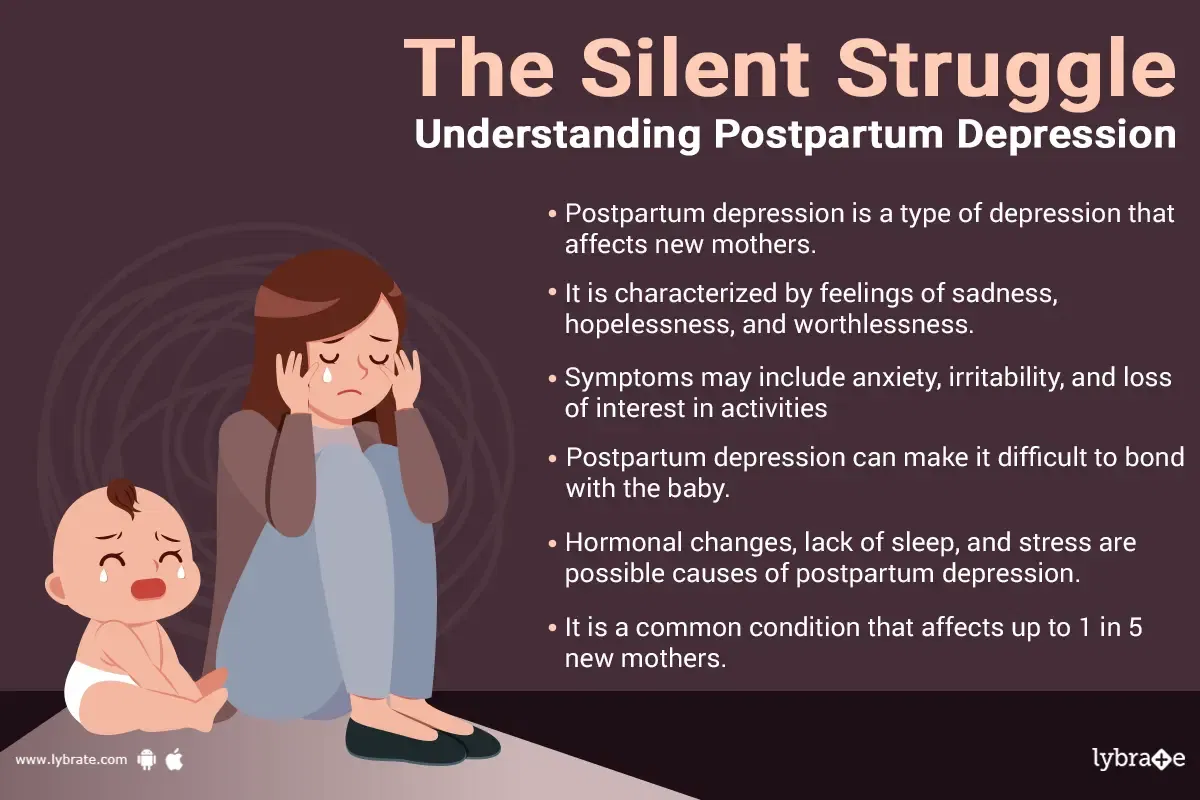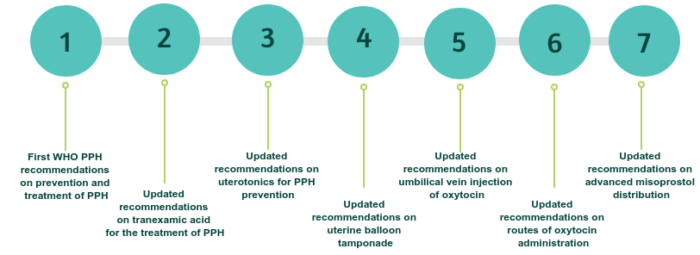Beautiful Journey Reproductive Counseling Center Fundamentals Explained
Beautiful Journey Reproductive Counseling Center Fundamentals Explained
Blog Article
The Ultimate Guide To Beautiful Journey Reproductive Counseling Center
Table of ContentsThe Definitive Guide to Beautiful Journey Reproductive Counseling CenterWhat Does Beautiful Journey Reproductive Counseling Center Mean?The 6-Second Trick For Beautiful Journey Reproductive Counseling CenterSome Ideas on Beautiful Journey Reproductive Counseling Center You Need To Know4 Simple Techniques For Beautiful Journey Reproductive Counseling CenterOur Beautiful Journey Reproductive Counseling Center Diaries

Functioning with mental wellness experts is a wonderful method to discover regarding postpartum depression and exactly how to recover. Treatment is a personal and vital method to treat postpartum clinical depression.

The Buzz on Beautiful Journey Reproductive Counseling Center
There have not been definitive researches published that looked especially at folate or other B vitamins in the treatment of postpartum clinical depression. Think about recommending to females that are postpartum to proceed their prenatal vitamin or take a B-100 complex with regarding 1 mg (or 1,000 mcg) of folic acid, or folate.
Adjustment of vitamin D shortage might play a substantial function in the recovery from postpartum clinical depression. Moms battling with anxiety ought to have their 25-OH vitamin D degree evaluated. Many women locate that they require at least 2,000-3,000 IUs of cholecalciferol, which is vitamin D3 (a type that is really easily absorbed) throughout the winter season.
In the summer season, much less dental vitamin D may be needed, depending upon the latitude where the mother lives. reproductive mental health.
More About Beautiful Journey Reproductive Counseling Center

[15, 16 (https://forums.hostsearch.com/member.php?258942-beaj0urepcc&tab=aboutme&simple=1)] Anticoagulation may be made use of, and it ought to be kept in mind that there exists no global guideline or recommendation for anticoagulation treatment in septic pelvic apoplexy. Initial bolus of 60 units/kg (4000 units optimum) complied with by 12 units/kg/h (optimum of 1000 units/h) is suggested. [6] The aPTT is kept track of for 2-3 times the regular value.
Postpartum anxiety (PPD) is a complex mix of physical, psychological, and behavior adjustments that take place in some women after delivering. According to the DSM-5, a manual used to detect mental illness, PPD is a form of significant clinical depression that starts within 4 weeks after distribution. The medical diagnosis of postpartum depression is based not only on the length of time in between delivery and beginning but on the intensity of the anxiety.
The term describes a variety of physical and emotional adjustments that lots of brand-new mommies experience. The real link between this decrease and anxiety is still not clear.
Beautiful Journey Reproductive Counseling Center Can Be Fun For Anyone
Often, signing up with a support system of brand-new mommies or chatting with various other moms aids. can occur a few days or also months after giving birth. PPD can occur after the birth of any child, not just the very first kid. You can have sensations comparable to the baby blues-- sadness, anguish, anxiety, crankiness-- yet you feel them far more strongly.
When your capability to feature is impacted, you need to see a health treatment service provider, such as your OB/GYN or health care medical professional. This doctor can screen have a peek at this website you for clinical depression symptoms and come up with a treatment strategy. If you do not get therapy for PPD, symptoms can get even worse. While PPD is a serious problem, it can be treated with medication and counseling.
This illness can occur quickly, frequently within the very first 3 months after giving birth. Females can lose touch with reality, having auditory hallucinations (hearing things that aren't really taking place, like a person speaking) and deceptions (highly thinking things that are plainly illogical). Aesthetic hallucinations (seeing points that aren't there) are much less usual.
Women who have postpartum psychosis requirement treatment right away and virtually always need drug. Therapy options include anti-anxiety or antidepressant medications, psychiatric therapy, and engagement in an assistance group for psychological assistance and education.
Beautiful Journey Reproductive Counseling Center Fundamentals Explained
Youngsters of mothers with postpartum depression are most likely to have problems with resting and eating, sobbing greater than normal, and hold-ups in language advancement. If you have a background of clinical depression, tell your medical professional as quickly as you discover out you're expectant, or if you're planning to conceive.
PPD can occur after the birth of any type of child, not simply the initial child. You can have feelings similar to the infant blues-- despair, misery, anxiousness, crankiness-- but you feel them much more strongly.
When your capability to feature is influenced, you require to see a wellness care supplier, such as your OB/GYN or health care medical professional. This medical professional can evaluate you for depression signs and create a therapy plan. If you don't get therapy for PPD, signs and symptoms can become worse. While PPD is a significant problem, it can be treated with drug and therapy.
This illness can happen rapidly, commonly within the very first 3 months after childbirth. Women can shed touch with truth, having auditory hallucinations (hearing points that aren't really occurring, like a person chatting) and misconceptions (strongly thinking things that are clearly illogical). Aesthetic hallucinations (seeing things that aren't there) are much less typical.
Unknown Facts About Beautiful Journey Reproductive Counseling Center
Females that have postpartum psychosis requirement therapy today and virtually always require medication. Often women are taken into the health center because they go to threat for hurting themselves or somebody else. Postpartum anxiety is discriminated, depending upon the kind of signs and symptoms and how serious they are. Therapy alternatives include anti-anxiety or antidepressant medicines, psychotherapy, and engagement in a support group for emotional assistance and education and learning.
Kids of moms with postpartum anxiety are a lot more most likely to have issues with resting and consuming, sobbing greater than normal, and delays in language advancement (infertility couples counseling). If you have a background of anxiety - https://www.ted.com/profiles/46586780, tell your physician as quickly as you discover you're expectant, or if you're intending to conceive
Report this page